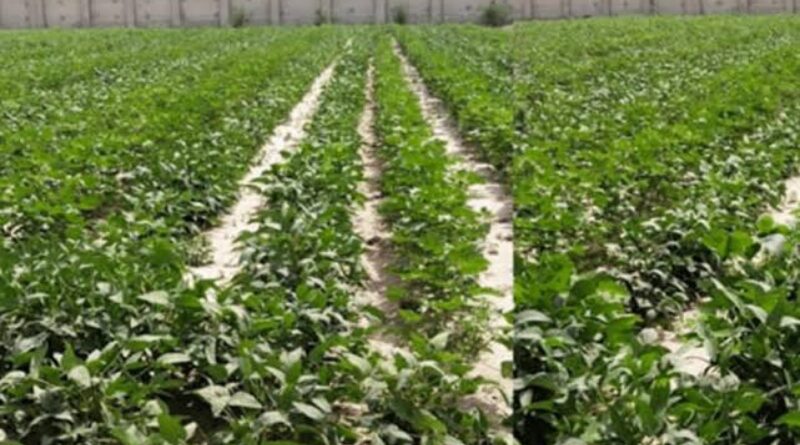Chinese Intercropping Tech Spreads to Pakistan, Upgrading Agricultural Practices
The adoption of maize-soybean intercropping in Pakistan marks a significant evolution in the country’s agricultural landscape, driven by collaboration between Pakistani and Chinese scientists. This agricultural practice, originating in China, has been successfully implemented across all provinces of Pakistan, thanks to the efforts of the National Research Center of Intercropping (NRCI) at The Islamia University of Bahawalpur.
The journey began with Pakistani scientists acquiring the technology from their Chinese counterparts and conducting experimental trials starting in 2018. Under the visionary leadership of former Vice Chancellor Prof. Dr. Athar Mehboob, NRCI was established in 2021, comprising a team of local experts who had studied overseas, especially in China.
The significance of maize and soybean as staple grains for both food and feed production has been recognized, driving the adoption of intercropping systems in Pakistan. Dr. Muhammad Ali Raza, NRCI Director, highlights the aim to uplift the agricultural sector and improve the economic well-being of farmers through these practices.
NRCI is currently demonstrating three major intercropping systems: maize-soybean, sugarcane-soybean, and cotton-soybean, across various provinces of Pakistan. Dr. Muhammad Ali Raza and Dr. Sajad Hussain are leading these demonstrations in multiple districts, ensuring widespread implementation.
The center has also forged collaborations with numerous national and international institutions, leveraging their expertise to advance local agricultural practices. Local collaborators include prestigious universities and research institutes such as the University of Agriculture Faisalabad, Sindh Agriculture University, and National Agricultural Research Centre, among others.
Internationally, NRCI is partnering with renowned Chinese institutions like Sichuan Agricultural University and Nanjing Agricultural University, benefiting from their knowledge and resources. Notably, Prof. Xing Wang Deng and Dr. Feng Ling Yang from Peking University are providing assistance in the form of germplasm of maize and soybean, enriching local genetic resources.

